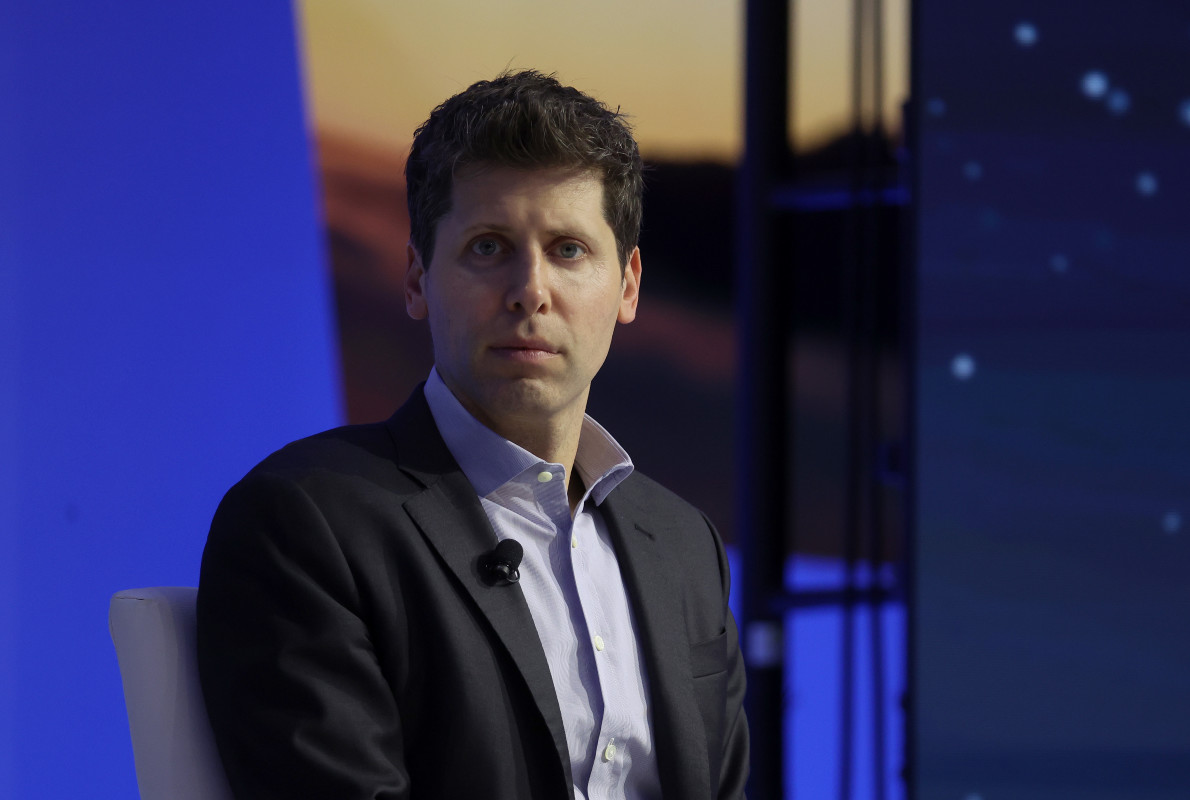
The New York Times has filed a lawsuit against both Microsoft (MSFT) -) and ChatGPT maker OpenAI, accusing the tech firms of using the Times' journalism to develop their generative artificial intelligence products without permission or compensation.
The complaint, filed Wednesday with the U.S. District Court for the Southern District of New York, alleges that the defendants' large language models (LLMs) are built on millions of Times articles.
According to the complaint, the Times is seeking to hold both companies responsible for the "billions of dollars in statutory and actual damages that they owe for the unlawful copying and use of The Times’s uniquely valuable works."
Related: Human creativity persists in the era of generative AI
"We respect the rights of content creators and owners and are committed to working with them to ensure they benefit from AI technology and new revenue models," an OpenAI spokesperson told TheStreet. "Our ongoing conversations with the New York Times have been productive and moving forward constructively, so we are surprised and disappointed with this development. We're hopeful that we will find a mutually beneficial way to work together, as we are doing with many other publishers."
Microsoft has not responded to a request for comment.
A Times spokesperson said in a statement that "settled copyright law protects our journalism and content."
"If Microsoft and OpenAI want to use our work for commercial purposes, the law requires that they first obtain our permission," the spokesperson said. "They have not done so."
The lawsuit represents the Times' first foray into a growing battlefield surrounding the legal viability of generative AI products. Several lawsuits have been filed by groups of authors, in addition to the Authors Guild, against Microsoft and OpenAI similarly for the use of their copyrighted work in the creation of their generative AI models.
Groups of illustrators and visual artists have likewise filed suit against AI image-generation companies, including Stability AI and Midjourney.
"These algorithms are at the heart of Defendants' massive commercial enterprise," the Authors Guild lawsuit alleges. "And at the heart of these algorithms is systematic theft on a mass scale."
At the heart of these cases are questions of fair use, a legal doctrine that enables the limited use of copyrighted material for specific purposes. OpenAI has argued that the content they train their models on is fair game, something that the creators of that content have largely disagreed with.
The U.S. Copyright Office in August undertook a study of copyright law to determine where "fair use" lands in the intersection between generative AI and the copyrighted content on which the models train.
Related: There's no need for new regulation to rein in AI, expert argues
Though the Times' complaint does not ask for a specific dollar amount in the way of damages, it requests the destruction of all AI models that were trained on Times content, a result that could serve as a significant blow against tech giants beyond Microsoft and OpenAI.
OpenAI, according to a recent Bloomberg report, is in talks to raise funds at a valuation of at least $100 billion. Microsoft has invested around $13 billion in the company.
“Defendants seek to free-ride on the Times’s massive investment in its journalism,” the complaint reads, accusing the companies of “using the Times’s content without payment to create products that substitute for the Times and steal audiences away from it.”
The lawsuit comes after the Times engaged with the two firms over these intellectual property concerns in April in an attempt to reach an "amicable resolution."
"These efforts have not produced a resolution," according to the complaint.
Beyond issues of copyright infringement, the Times also expressed concern over such generative AI models as a news competitor, a competitor that exists solely because of the stolen journalistic content that was used to train it.
The complaint cites several instances where AI chatbots expressed information regarding current events reliant on the Times' journalism, without crediting or linking to the Times. This, the company said, could hurt the Times' web traffic, and eventually, its advertising and subscription revenue.
The Times additionally cited concern over the damage AI hallucinations and misattributions can wreak on the company's integrity.
"At the same time as Defendants’ models are copying, reproducing, and paraphrasing Times content without consent or compensation, they are also causing The Times commercial and competitive injury by misattributing content to The Times that it did not, in fact, publish," the complaint reads.
This push against AI companies comes as other media firms have taken an opposite approach. The Associated Press signed a licensing deal with OpenAI in July and Axel Springer, the publisher behind Business Insider and Politico, followed suit in December.
The details of these deals remain unknown.
"Defendants’ unlawful use of The Times’s work to create artificial intelligence products that compete with it threatens The Times’s ability to provide that service," the complaint states.
Read the full complaint here.
Related: Users of Midjourney text-to-image site claim issues with new update
Contact Ian with AI stories via email, ian.krietzberg@thearenagroup.net, or Signal 732-804-1223.







